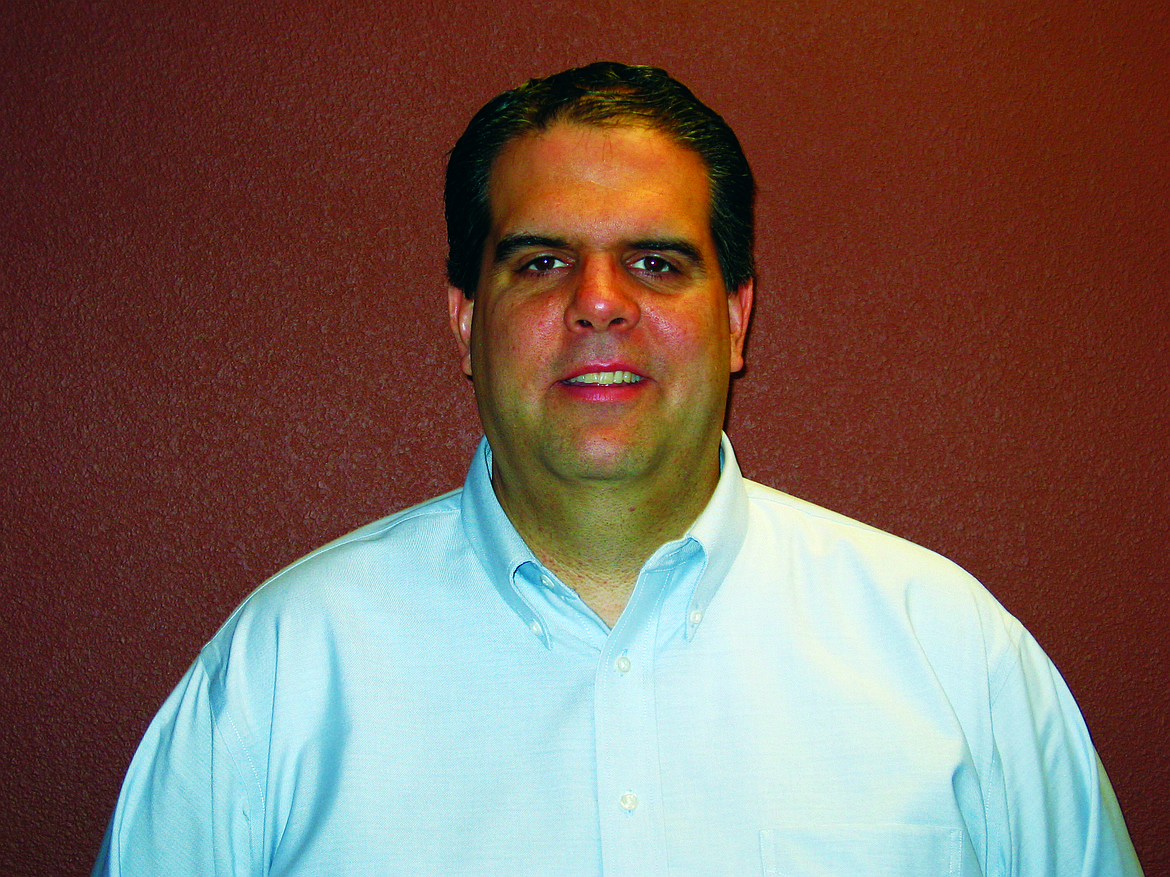ADVERTISING: Advertorial — Pain in the hands, may be radiculopathy
“Cervical radiculopathy is the clinical description of when a nerve root in the cervical spine becomes inflamed or damaged, resulting in a change in neurological function.” Damage to the nerve root could be caused by traumatic injury, bulging disc, degenerative disc disease, or stenosis. You may have symptoms that include neck pain, stiffness, and decreased range of motion. “Neurological deficits, such as numbness, altered reflexes, or weakness, may radiate anywhere from the neck into the shoulder, arm, hand, or fingers.”
The degenerative changes of the cervical spine and surrounding soft tissue (ligaments and disc) take years to develop. Poor posture, overuse, and trauma (whiplash injury) are also contributing factors.
There are different treatment options for radiculopathy, which including: surgery, pain medication, physical therapy, and non-invasive spinal decompression. Cervical Decompression is a non-surgical, non-narcotic treatment protocol to help alleviate symptoms of cervical disc degeneration, neck pain and radiculopathy. Decompression is often confused with traction. Traction is defined as the act of pulling, while decompression, on the other hand, is defined as the act of relieving pressure. Traction is a static pull where decompression is computerized and causes what I call an oscillating affect. This oscillating effect creates a negative pressure within the disc to promote retraction of the herniated or bulging disc material. It also creates a lower pressure in the disc that will cause an influx of healing nutrients and other substances into the disc. As the disc retracts it relieves pressure off of the nerve root that is causing the symptoms. The influx of nutrients and water back into the disc help the disc begin to get healthy and as a result, the symptoms improve.
European Musculoskeletal Review in 2007 stated that “Vertebral axial decompression should not be considered as traction in the traditional sense, but as decompression it is the only non-invasive treatment that has been proved to decompress only the disc.” By isolating the disc we can effectively treat the patient. In 2010 in BMC Musculoskeletal Disorders performed a study on the restoration of disc height through spinal decompression. The conclusion to that study is pretty amazing. “Non-surgical decompression was associated with the reduction in pain and an increase in disc height. The correlation of these variables suggests that pain reduction may be mediated, at least in part, through a restoration of disc height.” By helping increase the disc height, it helps relieve the pressure off of the nerve root. Thus, relieving symptoms.
• • •
Dr. Wayne M. Fichter Jr. is a chiropractor at Natural Spine Solutions. The business is located at 3913 Schreiber Way in Coeur d’Alene. For more information, please contact us at 208-966-4425.

